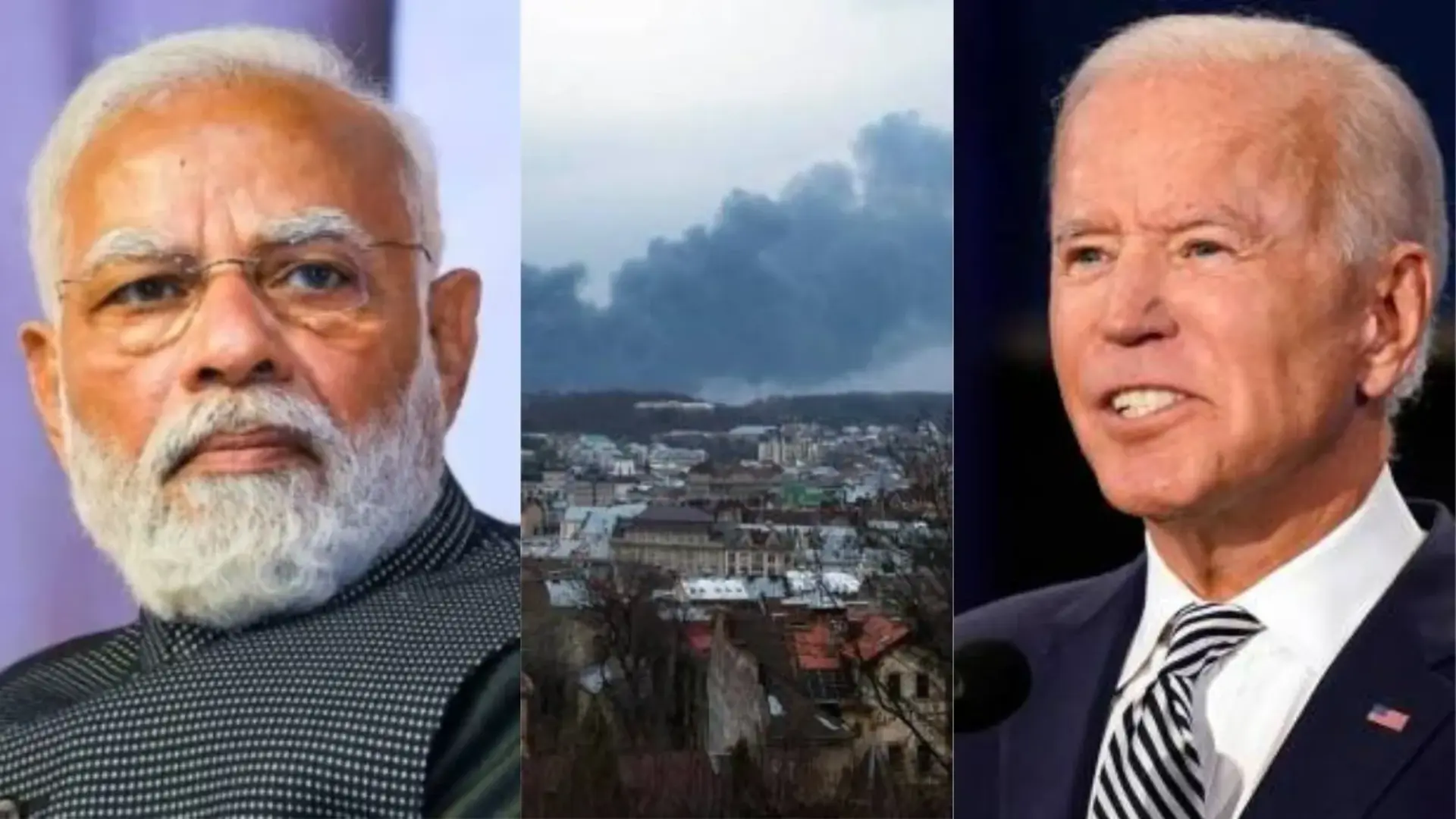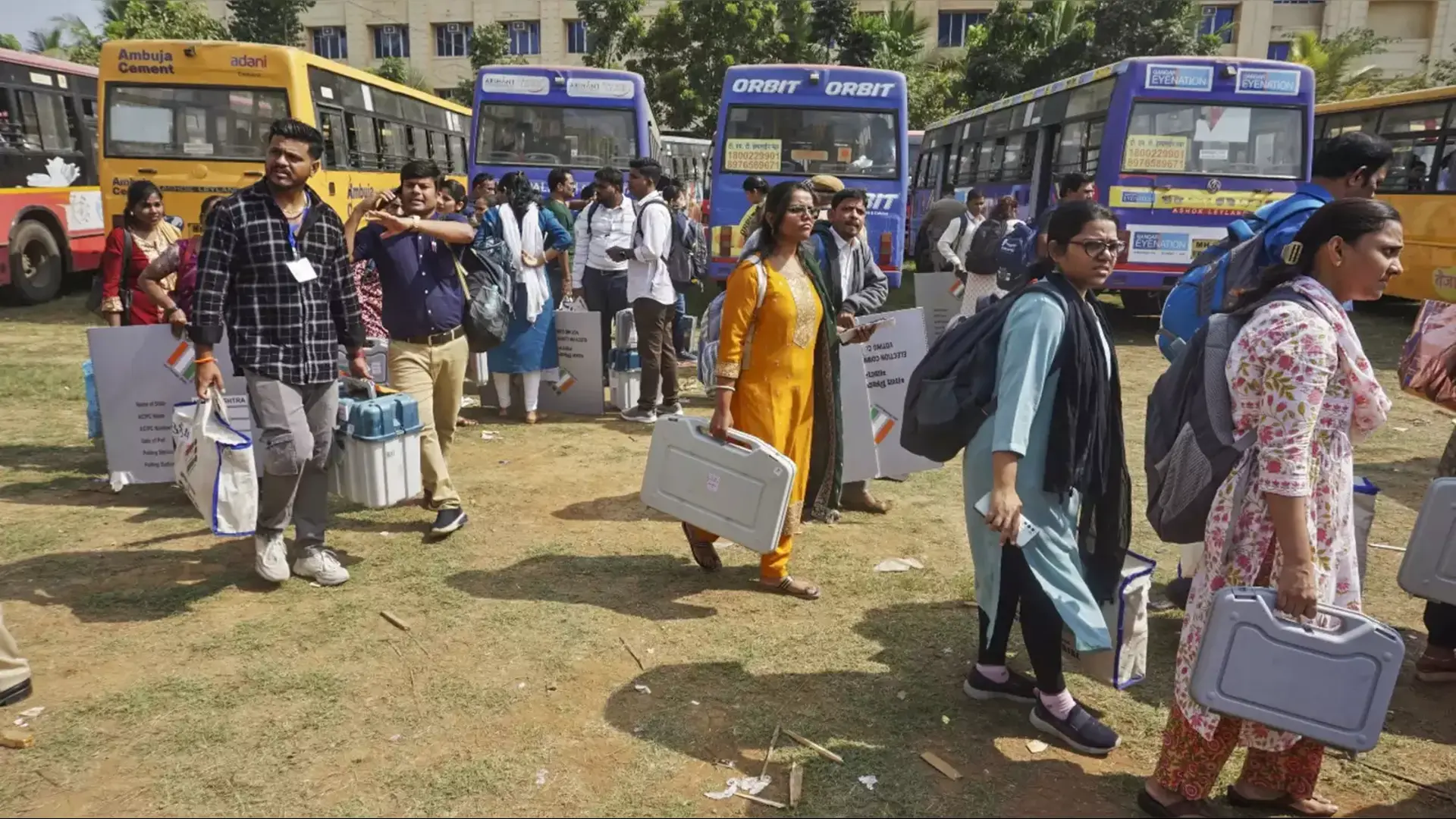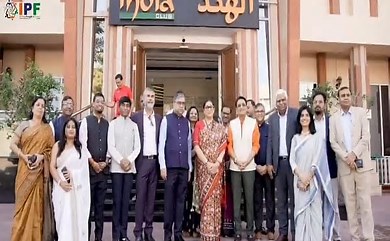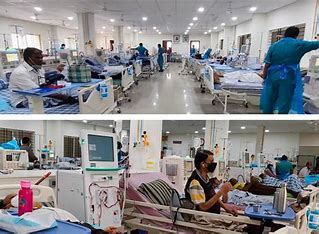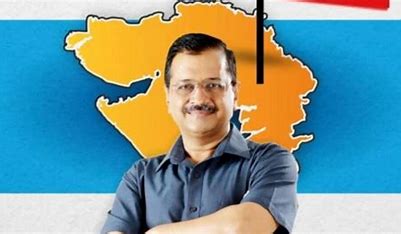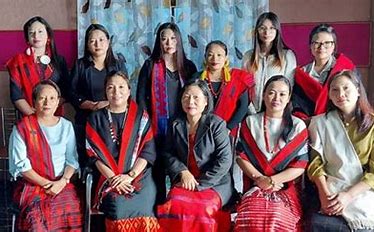
External Affairs Minister (EAM) S. Jaishankar on Tuesday unequivocally and in no uncertain terms reminded the West that it should look beyond Ukraine and take notice of “other pressing issues” in the other parts of the world too. Pushing back against European pressure for India to criticize Russia for its military operation against Ukraine, Jaishankar at the Raisina Dialogue emphatically highlighted the outcome of the chaotic withdrawal of the Western powers from Afghanistan. The EAM, who was at his oratorical best, in an attempt to call out the hypocrisy of the Western countries, underlined the fact that they remained silent on challenges to the rules-based order in Asia.
Speaking to his European counterparts, Jaishankar reiterated India’s position on the conflict in Ukraine, saying that New Delhi favours immediate cessation of fighting and a return to diplomacy and dialogue to resolve the crisis. He also underlined the need to respect the sovereignty and territorial integrity of states. The Raisina Dialogue is the foreign ministry’s flagship conference on geopolitics and geoeconomics.
Jaishankar said that although the Russia-Ukraine conflict would have “practical consequences” for other countries in terms of rising energy prices and food shortages, Europe should look at the world beyond and at other “pressing issues”. In what was seen as a strong message for Europe, Jaishankar said that when rules-based order was under threat in Asia, the advice from the West was to do more trade, however India at least is not giving that advice with regard to the Russia-Ukraine crisis.
“You spoke about Ukraine, I remember what happened less than a year ago in Afghanistan where an entire civil society was thrown under the bus by the world,” he said in response to a question asked by Norway’s foreign minister, Anniken Huitfeldt. Jaishankar responded to a volley of questions about India’s position on the war in Ukraine and its close ties with Russia at the seventh edition of the Raisina Dialogue in Delhi in which over 210 speakers from 90 countries participated.
In an obvious reference to India’s problems with China and Pakistan, Jaishankar said: “There are parts of Asia where boundaries have not been settled and terrorism is often sponsored by states. It is important for the rest of the world to recognise that the rules-based order in Asia has been under stress for more than a decade.”
He reminded his European counterparts of last year’s humanitarian crisis in Afghanistan after the West withdrew its troops from there and the Taliban took over. “We, in Asia, face our own sets of challenges which often impact the rules-based order,” he said. “So, I would say, quite honestly, all of us would like to find the right balance of our beliefs, of interests, of our experiences … It looks different from different parts of the world.” When Jean Asselborn, Luxembourg’s foreign minister, asked Jaishankar about Moscow’s “justification” for invading Ukraine, referring to Russian Foreign Minister Sergey Lavrov’s visit to India earlier this month, Jaishankar said, “That’s for Sergey Lavrov to do.” “I am prepared to justify what India’s views are on Ukraine or any other matter. And in terms of what justification he has offered, I think he has engaged many of you in Europe probably more on the subject than he has engaged us. I don’t think I have anything particularly new to contribute to that.” “There are no real winners in the Russia-Ukraine conflict,” Jaishankar added.
“I recognise today that the conflict in Ukraine is the dominant issue, if not among the dominant issues of the day … Truth is, there is really nobody who wants to see this conflict,” he said. “I understand that at this moment, this would probably occupy you to the exclusion of almost everything else. but there is also a world out there.”
“When the rules-based order was under challenge in Asia, the advice we got from Europe was to do more trade. At least we are not giving you that advice,” Jaishankar told Asselborn. “Which part of the rules-based order justified what the world did there?” “Our position is, we all have to find some way of returning to diplomacy and dialogue, and to do that the fighting must stop. I think that is really the focus of what we’re trying to do,” Jaishankar said.
Jaishankar said India was willing to export more food grains, especially wheat, to help tide over the global food shortage resulting from the war, but it could only do so if the World Trade Organization (WTO) lifted its trading limits. When former Swedish prime minister Carl Bildt questioned whether Russia’s invasion of Ukraine could inspire China to “do things that are otherwise not allowed”, Jaishankar replied: “We’ve been hearing for the last two months lot of arguments from Europe, saying there are things happening in Europe and Asia should worry about it because these could happen in Asia. Guess what—things have been happening in Asia for the last 10 years. Now, Europe may not have looked at it, so this could be a wake-up call for Europe…to also look at Asia.”

